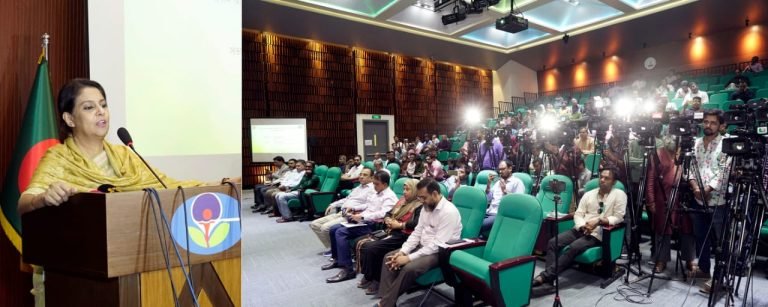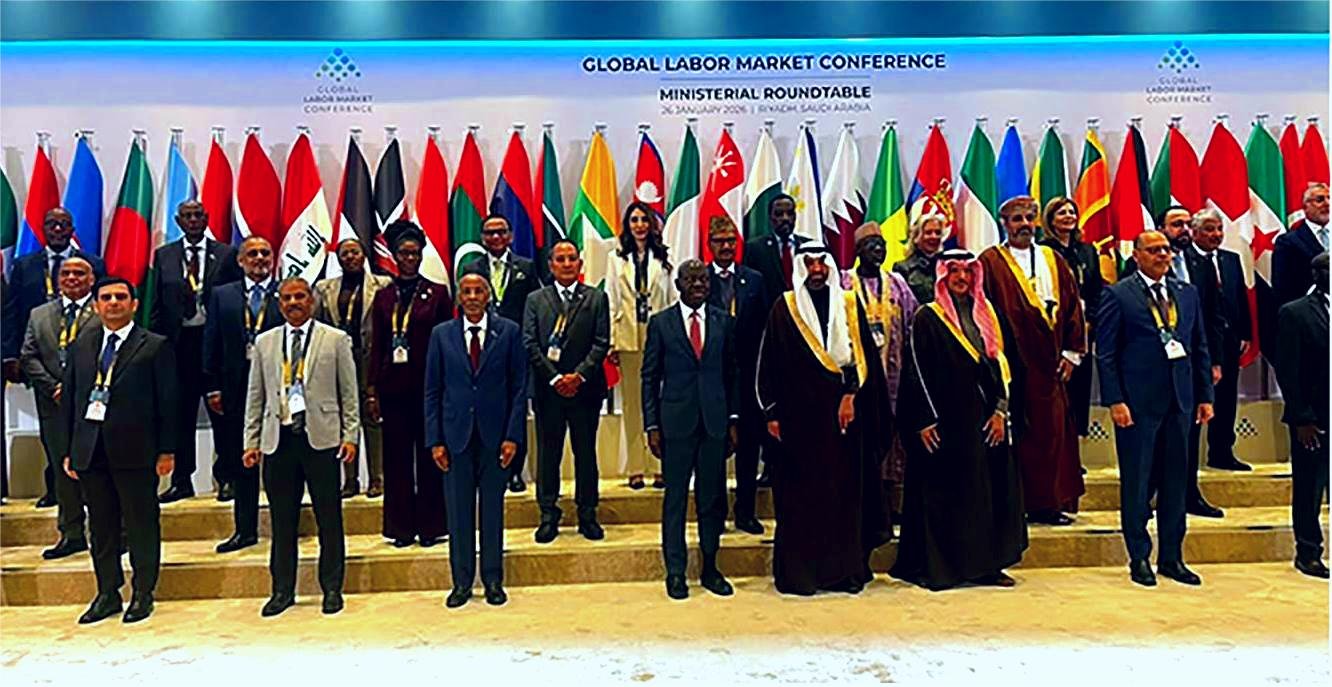Fair and Transparent Climate Finance Crucial to Avoid Debt Traps, Says Environment Advisor
Syeda Rizwana Hasan, Advisor to the Ministry of Environment, Forest and Climate Change, highlighted the critical need for fair and transparent climate finance systems to protect
Fair and Transparent Climate Finance Crucial to Avoid Debt Traps, Says Environment Advisor
Syeda Rizwana Hasan, Advisor to the Ministry of Environment, Forest and Climate Change, highlighted the critical need for fair and transparent climate finance systems to protect vulnerable countries from falling into debt traps. Speaking at the National Dialogue on “Climate Justice in Climate Finance: Climate Debt Trap Risks for Bangladesh and Other LDCs” held at the CIRDAP Auditorium, Hasan stressed that climate finance must be rooted in justice, ensuring nations like Bangladesh are not burdened with inequitable loans while addressing a crisis they did not cause.
“International assistance should recognize the necessity of grants, not just loans, to support our adaptation and mitigation efforts,” Hasan stated. She called for stronger global commitments to address the historical responsibility of developed nations in contributing to climate change, urging them to provide financial aid in a way that does not exacerbate the economic challenges faced by Least Developed Countries (LDCs).
The dialogue brought together experts, policymakers, and civil society representatives to explore the challenges and solutions surrounding climate finance for developing nations. Other speakers included Dr. Munzurul Hannan Khan, Executive Director of Nature Conservation Management (NACOM), Md. Rafiqul Islam, Managing Director of the Bangladesh Climate Change Trust (BCCT), and M Zakir Hossain Khan, Managing Director and Chief Executive of Change Initiative.
The discussions underscored the urgent need for international climate finance to serve as a tool for empowerment rather than exploitation, particularly as Bangladesh and other vulnerable nations grapple with both environmental and economic crises.










